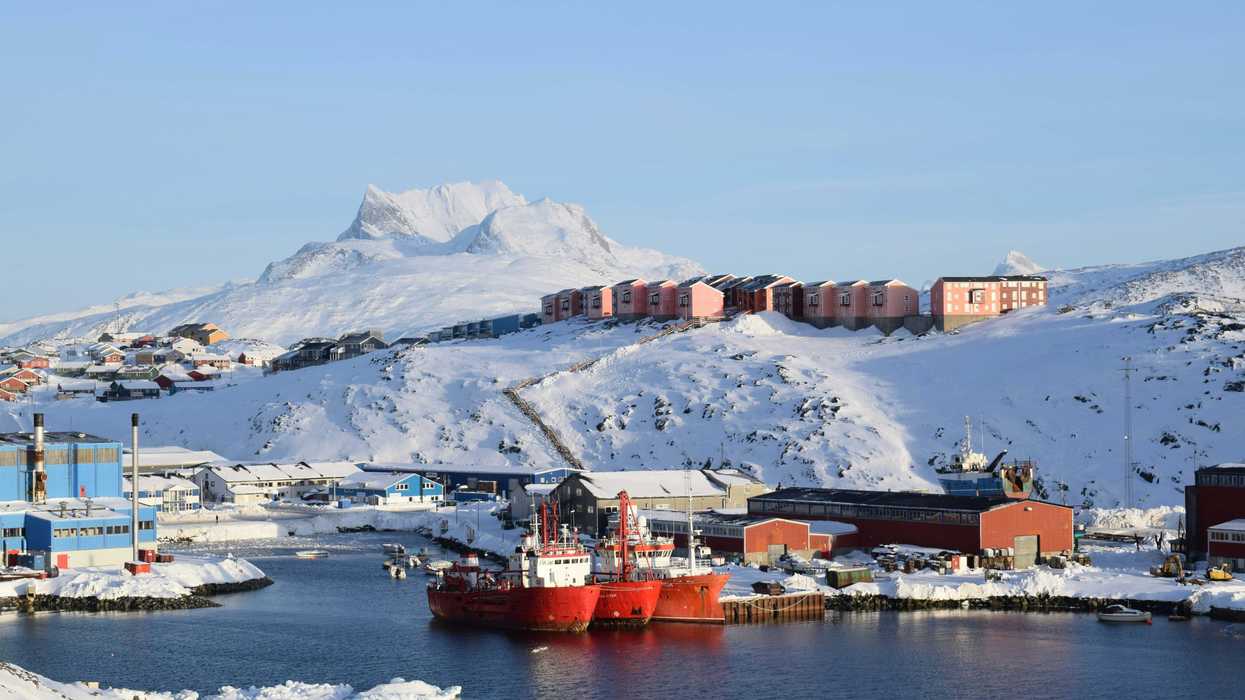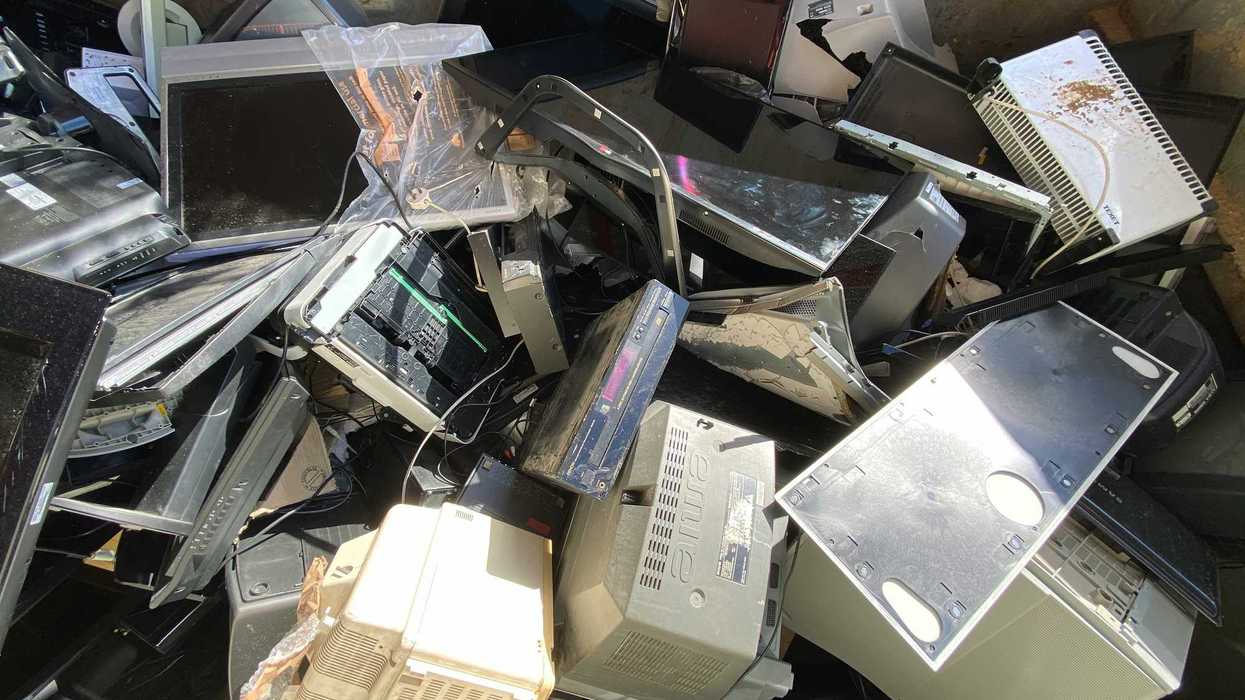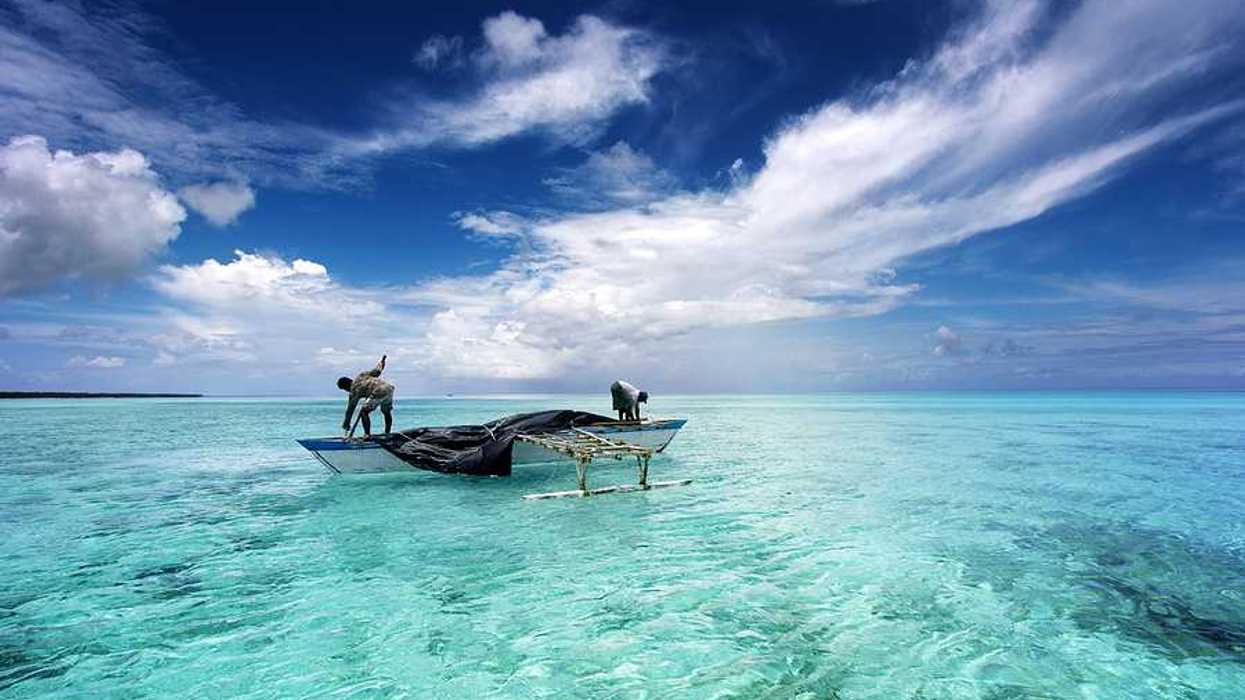Global talks in South Korea aim to create the first treaty to curb plastic waste, but opposition from oil-producing nations and shifting U.S. leadership complicates the effort.
Hiroko Tabuchi reports for The New York Times.
In short:
- Nations are negotiating a treaty to address the growing plastic pollution crisis, with proposals to reduce plastic production and waste.
- The U.S. supported the talks until Donald Trump’s election, raising concerns about its commitment to any agreement.
- Developing nations and environmental groups advocate ambitious measures, while the plastics industry and oil-producing countries resist limits on production.
Key quote:
“It is actually possible to nearly end plastic pollution with this treaty. It was also sobering to see that without a treaty, plastic pollution will double by 2050.”
— Douglas J. McCauley, professor of ocean science at the University of California, Santa Barbara
Why this matters:
Plastic waste threatens marine life, ecosystems and public health, with microplastics found in food and water. The production and disposal of plastics also contribute significantly to greenhouse gas emissions. A strong treaty could offer a critical path toward mitigating these global challenges.
Related: LISTEN: Timnit Kefela on treating plastic pollution as an environmental justice issue














